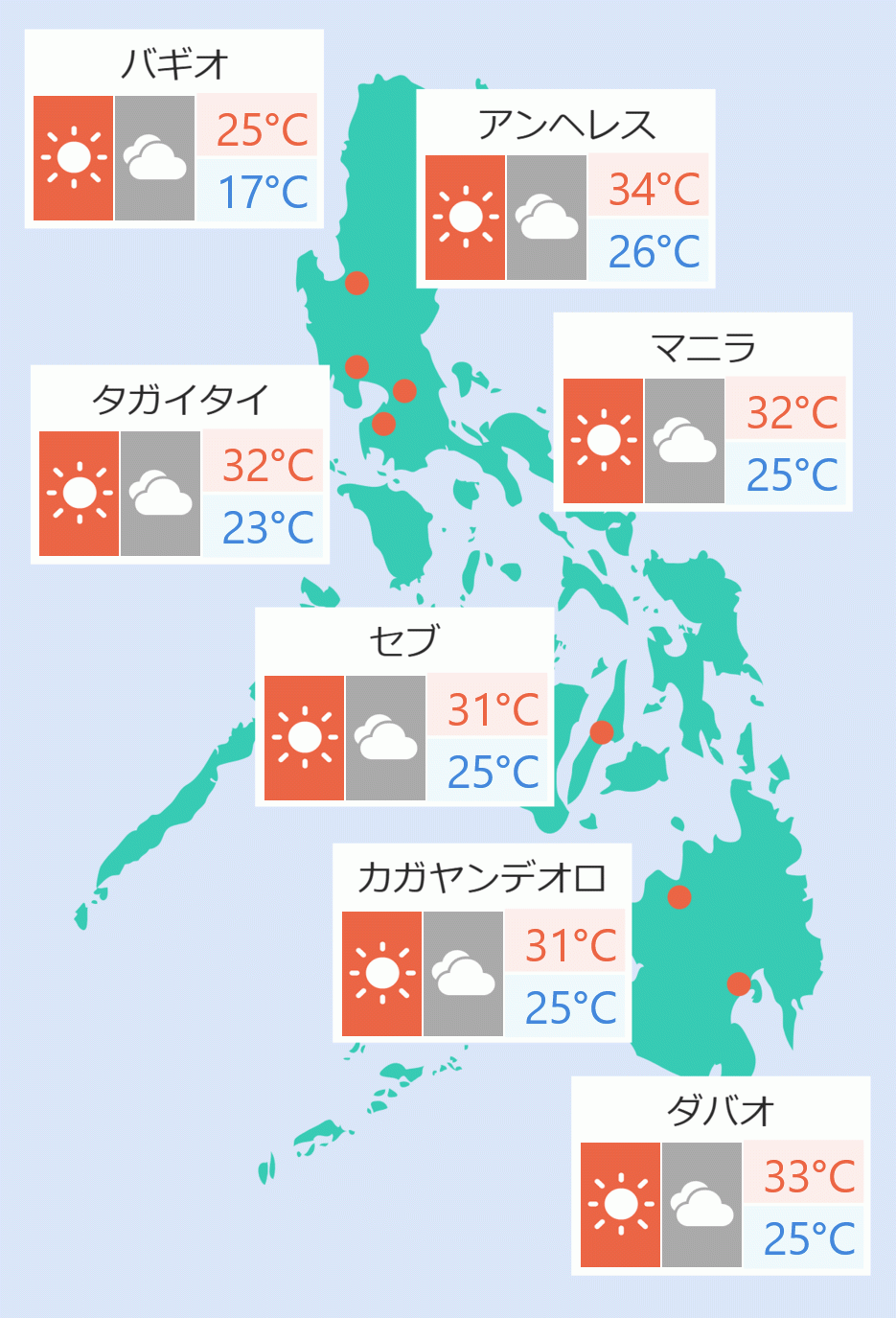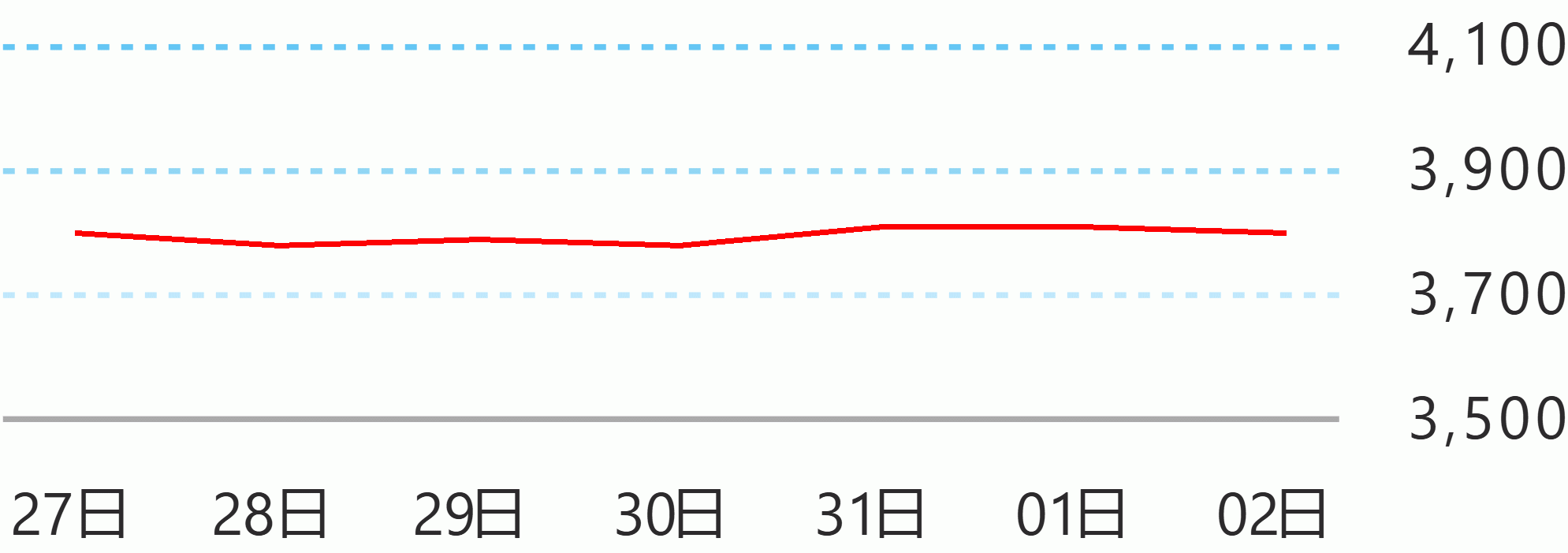While the unemployment rate declined, fewer Filipinos were able to work amid the Omicron surge in January 2022, the National Economic and Development Authority (NEDA) said.
As reported by the Philippine Statistics Authority Friday, the unemployment rate improved from 6.6 percent in December 2021 to 6.4 percent in January 2022, the lowest since the start of the pandemic.
However, due to the Omicron surge in January, the labor force participation rate fell from 65.1 percent to 60.5 percent. Another reason for lower employment levels is the end of the holiday season which shed off seasonal jobs. Despite this, net employment remains at 0.5 million above the pre-pandemic level.
The level of underemployment also slightly increased from 14.7 percent to 14.9 percent.
“The Omicron surge caused a temporary decline in employment levels. Now that we have contained the spread of the virus and shifted to Alert Level 1 in most parts of the country, we look forward to an improvement in employment outcomes in the coming months,” Socioeconomic Planning Secretary Karl Kendrick Chua said.
Since March 15, 2022, 70 percent of the economy has shifted to Alert Level 1. This means that more restrictions were removed on travel and capacity limits on establishments were eased. This translates to an additional P10.8 billion per week of economic activity for the country and 195,000 less unemployed over the next quarter, compared to Alert Level 2.
Chua also emphasized the need to reopen all schools in alert level 1 for face-to-face learning as this will provide a big boost to the economy, enable children to learn more, and allow more parents to go back to work.
“We reiterate the need for the full and urgent resumption of face-to-face classes to maximize the benefits of Alert Level 1. This can increase economic activity by around P12 billion per week due to the return of related services around schools. It will also free up the time of parents, one in four of whom have to skip or reduce work hours in order to assist their children with online classes at home,” Chua added.
To cushion the most vulnerable from the impact of inflationary pressures due to the ongoing Russia-Ukraine conflict, the government will distribute targeted subsidies amounting to P6.1 billion. Among the primary beneficiaries are transport and agriculture and fisheries sector workers.
At the same time, the government is also planning to provide unconditional cash transfers of P2,400 for the bottom 50 percent of households to mitigate the impact of rising prices of basic goods.
NEDA has also recommended a four-day workweek, with 10 hours each day, as a measure to help conserve energy and reduce transportation costs. The same strategy was employed during the 1990s in the midst of the Gulf War and in 2008 amid high oil prices.
“As we continue to face these temporary setbacks, the government is determined to support our workers by putting in place these measures to help all affected sectors,” said Chua. NEDA Public Affairs





 English
English










